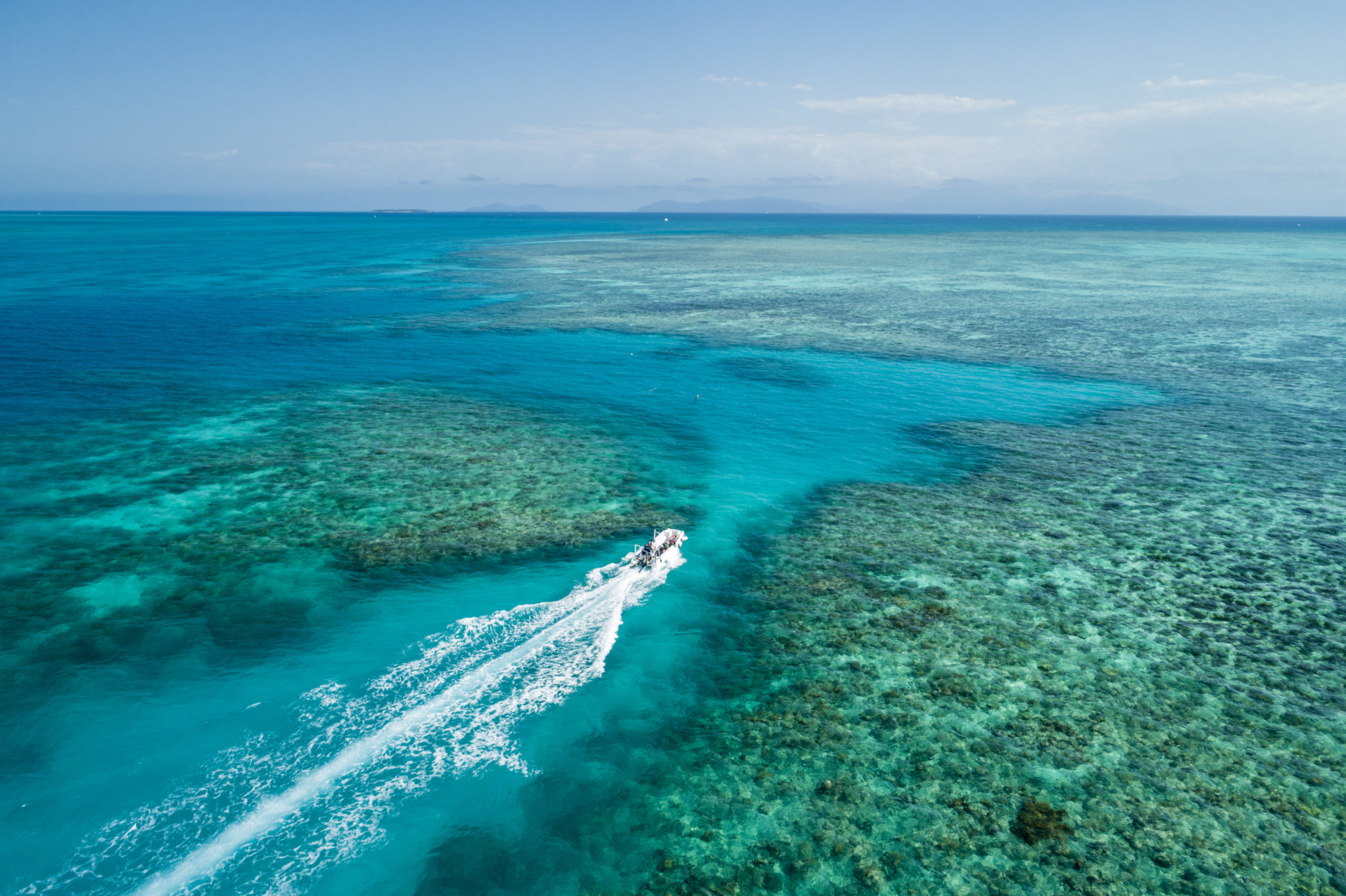The Tropical North Queensland tourism sector could become a $7.5 billion industry by 2032 supporting an extra 12,500 regional jobs and contributing an additional $780 million in tax revenue per annum.
This stretch target is identified in the Draft Tropical North Queensland Destination Management Plan 2032 with the Executive Summary released today after 12 months of consultation throughout the region.
It could outstrip the targets set in Queensland’s Towards Tourism 2032 strategy, which included $6.7 billion in visitor expenditure in the region, if TTNQ can secure the funding required to deliver on the aspirations of the Plan.
There are seven key areas that will drive the region’s growth to become a globally sought after sustainable and regenerative tourism destination with a year-round visitor economy:
- Securing additional direct aviation routes, domestically and internationally and increasing investment in destination marketing to drive the required demand;
- Holding our domestic market share, growing interstate holiday nights from key segments including business events, sustainability, wellness, adventure and nature-based tourism;
- Increasing our share of the national touring drive market and cruise passenger markets and increasing dispersal, especially in the shoulder-seasons;
- Being the national leader in regenerative tourism, growing our share of key international ‘conscious-travel’ markets seeking to avoid contributing to over-tourism and connecting visitors to Country with the most Indigenous experiences of any destination;
- Leveraging events and key international and ‘travel for a purpose’ segments to travel in shoulder seasons to support a year-round visitor economy with regional dispersal;
- Attracting investment in new experiences, accommodation and core infrastructure to grow our share of key international markets and increase their stay and spend; and
- Supporting programs and policies that build career pathways and attract, retain and house skilled workers including growing our share of the national market for international education.
The Plan outlines a comprehensive approach to achieving these growth strategies, including specific actions across our sub-regions which have been identified in the workshops held in those areas. The targets are linked to the funding request outlined by TTNQ from the Local, State and Federal Governments including the $10 million election commitment where we are seeking bipartisan support.
The game changers critical to the success of the Plan include the need to leverage our proximity to Asia as the northern gateway to Australia with new direct aviation routes and increased domestic links to enable more travellers to access our destination easily.
The value of business and major events is already growing for our destination, and these could potentially double in value to better support aviation, trade and investment and, importantly, deliver liveability benefits for our community.
Leveraging the 2032 Olympic and Paralympic Games to increase awareness of the destination and tourism’s role in protecting the Great Barrier Reef will require additional funding.
We also need innovation by the industry to share our unique story as well as a coordinated and proactive approach to facilitate investment in new experiences and a low carbon future.
Enabling this success will require a coordinated framework in areas including transport, water and digital infrastructure, and ensuring our region has the skills needed to meet the expectations of future travellers.
We have a plan underway to chart the pathway to Net Zero by 2050 and are implementing our First Nations Tourism Action Plan to be a leader in First Nations experiences and employment.
Critical to the success of the Tropical North Queensland Destination Management Plan 2032 is sustainable funding to drive these priorities. This requires the consideration of funding models such as user pays that will ensure our industry can reach its full potential for the Tropical North Queensland community.
TTNQ is currently in consultation with key agencies on the key actions of the Plan and preparing for the launch of the Plan for industry consultation in December. An Implementation Committee will ensure tourism remains in balance with the region’s community, economic and environmental aspirations.
Mark Olsen
Chief Executive Officer
